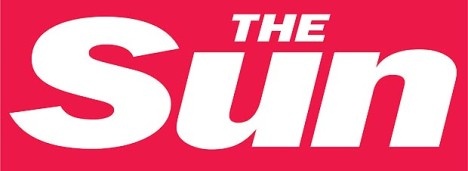Morning Update: The Sun to face trial over hacking; Pepsi launches emojis in 100 5-second ads; Twitter now a news site; KL logo ‘a hoax’
The Guardian: The Sun to face trial over phone-hacking claims
The Sun is facing trial over phone hacking for the first time after a high court judge ruled there was enough evidence for claims against the newspaper to be heard in a civil court.
Four claimants, including entertainer Les Dennis, allege that 40 articles printed in the tabloid were obtained through phone hacking, including some while the paper was edited by Rebekah Brooks.


